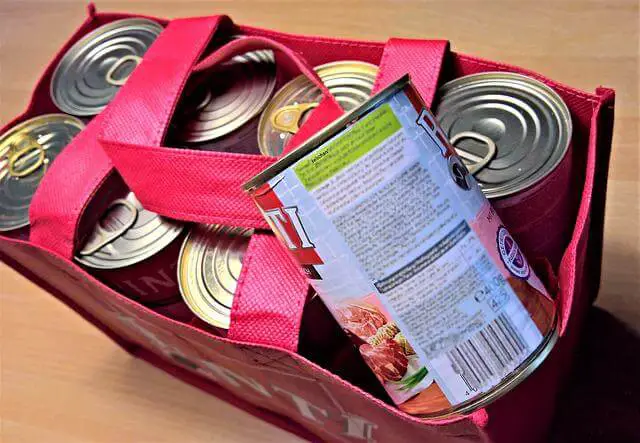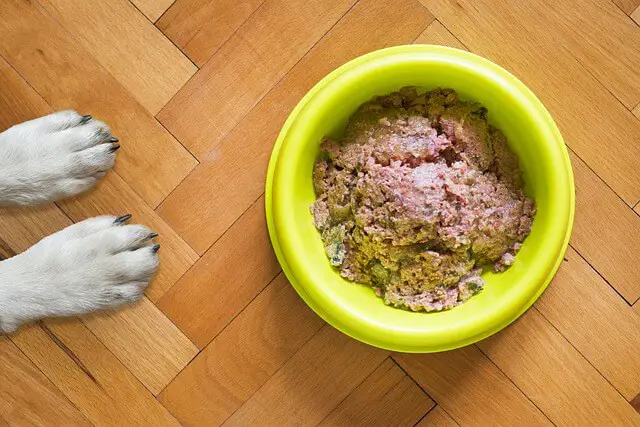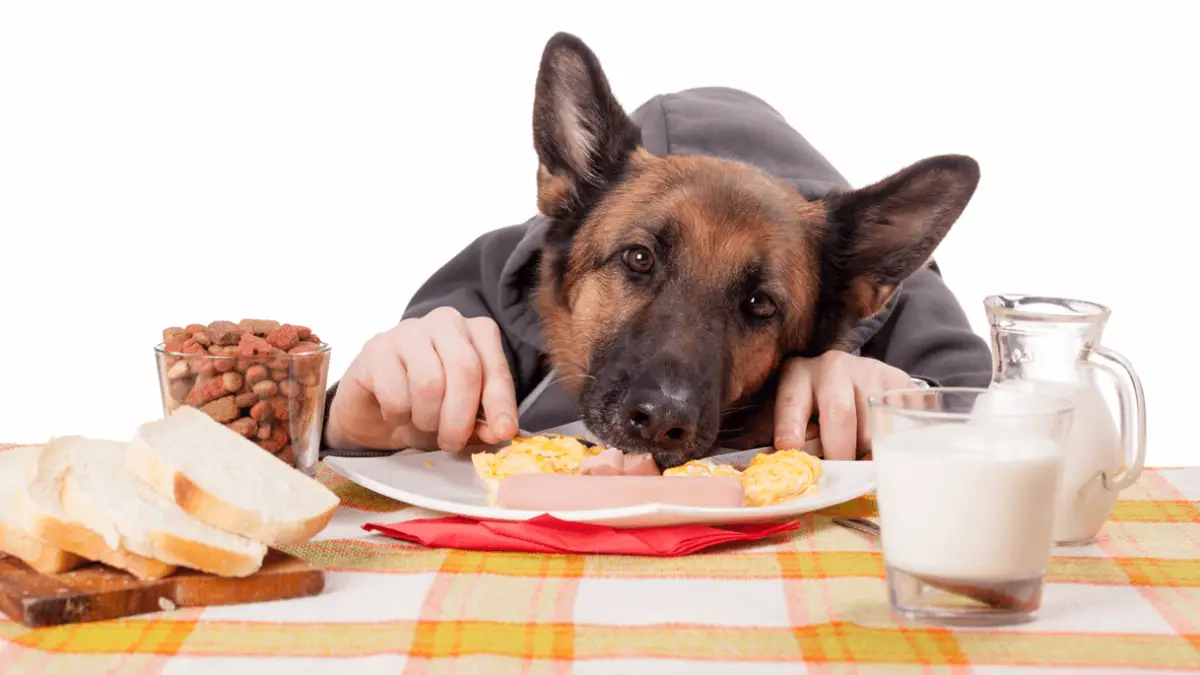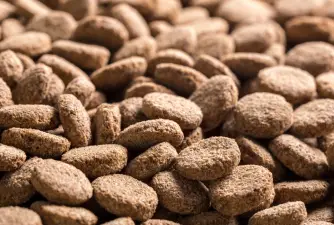Can Humans Eat Dog Food? Is It Poisonous?
01.05.2022.
Many dog owners find themselves in a weird situation that makes them wonder, "Can humans eat dog food?" You can never know what might happen in these times of economic uncertainty. Some of us might find innovative ways to get ourselves out of hunger. However, in most cases, many dog owners ask us this question because their curious children decided to try a little bit of their dog's chow. The good news is that dog food will not poison you or your kids. Here's what you should know about humans eating dog food, potential risks, and whether or not this is safe.
Is dog food safe for humans to eat?
As an industry, dog food is extensively regulated, and it must conform to stringent product safety regulations. Human food processing safety requirements and pet food safety standards, in reality, have a lot in common. As a result of these stringent product safety regulations, dog food is safe for human consumption when handled appropriately.
RELATED: Should Dogs Lick Their Wounds? Will It Heal Them?
Labels for dog food products must adhere to strict ingredient regulations and be fully traceable. All products must be created in a sterile environment and must not be harmful to animal or human health.
Health risks
The potential for food-borne illness is the most acute health concern you'll face if you eat dog food. While pet food manufacturers adhere to tight guidelines while preparing dog food, certain storage, and handling procedures must be followed to ensure food safety.
If the package of dry dog kibble remains sealed and not exposed to air, the kibble will most likely be safe to consume. The rancidity of fats that have gone bad due to oxidation and bacterial contamination through exposure, such as salmonella and E. coli, are significant hazards with kibble consumption.

What exactly is in dog food?
Tripe, organs, crushed bones, and various offal are among the animal byproducts included in dog food that is not found in a typical western diet. These are all edible portions of the animal that may theoretically be used in a healthy human diet. Still, it would be a shock to the human digestive system and could cause distress.
RELATED: Can Dogs Have Identical Twins? Here's What Science Says
In the end, dog food is designed for dogs, and people will not be able to survive on it for an extended period of time. It can cover short-term macronutrient needs and a reasonable amount of vitamin and mineral requirements, but it won't keep someone in good health for more than a month.
Can humans survive on dog food for a long time?
Because dogs and humans are two different species, dog food recipes are naturally unbalanced for human consumption. There is a considerable discrepancy in protein requirements and vitamin balances that could significantly impact long-term health.
Dogs and humans require different macronutrient totals. Dogs, on the whole, need significantly more protein than the average modern human body can handle. Dogs have stomach acid that is 10 to 100 times more acidic than human stomach acid in order to easily digest proteins and bones, which are both difficult to break down.
RELATED: Purebred vs. Mixed-Breed: Which Dogs Are Healthier?
Vitamin deficiencies
Vitamin C - Dogs can make their own vitamin C in their body and do not require it from their food. As a result, most dog food recipes lack vitamin C, which would quickly become an issue for any human attempting to survive on dog food for an extended amount of time without another source of nourishment unless they wish to succumb to scurvy, which can occur in as little as 3-4 weeks. Furthermore, without vitamin C, the immune system will not function properly.

Vitamin A - Due to the high organ meat content, vitamin A is available in substantial concentrations in many types of dog chow, particularly when the diet contains liver organ meat. Both dogs and humans require vitamin A, but humans should consume no more than one serving of liver per week, or they risk developing Hypervitaminosis A, which causes bone pains, visual abnormalities, and skin changes. In extreme cases, this could overwork your organs, resulting in coma and death.
What is the taste of dog food?
Dogs have a very different sense of taste than humans and are, therefore, a very different type of consumer. They only have around 16% of a human's taste buds and a considerably greater sense of smell, so they get a lot of their food flavor from the fragrance of the dog food. As a result of these variances, the formula contains powerful scents and significantly less flavor than a human would desire.
RELATED: Can Dogs Sense Earthquakes
Many types of dog food will feature flavors and textures unfamiliar to most people because they contain tripe, organs, crushed bones, and offal. If you aren't acclimated to the taste, the organ flavor will leave a metallic aftertaste in your mouth that will keep you from seeking additional servings.
What kind of dog food is the most appropriate?
There are a lot of different brands and varieties of dog food out there, but for the sake of simplicity, we'll divide it into three categories: wet canned food, dry kibble, and freeze-dried food.
Wet canned food
Wet canned food goes through the canning process, which warms the food to a high temperature and then seals it in a sterile container, killing any germs or viruses that may be present. Canning eliminates the need for preservatives and provides a several-year shelf life.
Dry kibble
Dry kibble is prepared and packaged with preservatives to extend the product's shelf life. The high preservative content and low-quality ingredients found in the bulk of kibbles are some of the drawbacks. Improper packaging or handling further increases the danger of contamination and rancidity of the lipids.
RELATED: Can Dogs Sense Sadness
Freeze-dried dog food
Freeze-dried dog food is usually cooked before freezing, and the freezing process removes nearly all of the moisture from the meal. This prevents the growth of bacteria and mold contamination, making it a relatively safe food to eat.
Given these possibilities, canned dog food is the best choice because the canning process almost eliminates the risk of bacterial or fungal contamination as long as the cans remain intact.
Conclusion
While dog food may be unappealing to people, it is, for the most part, a safe food to eat in order to survive. If your child ate some of your dog's food by accident, you should consult your doctor to make sure there's nothing in the dog food that could harm your child's health.
World Dog Finder team







Share